
By William E. Ketchum III
While independent record labels are a dime a dozen these days, Peanut Butter Wolf has come up with a formula that works. Earning his stripes as DJ and producer first, the San Jose native founded Stones Throw Records in 1996. Blessing the hip-hop community with releases like the Champion Sound and Madvillany – franchise player Madlib’s collaborations with Jay Dee and MF DOOM, respectively – Stones Throw has developed into an underground mecca, full of talented artists and void of compromise for commercial acceptance. For the close of the year, the label issued Stones Throw 101, a DVD/CD set that chronicles the label’s first eight years and 100 releases. In an interview with HipHopSite.com, Peanut Butter Wolf talks about managing an indie record label, the 101st release, and future plans.
HipHopSite: First off, tell me about your upbringing and how you got into hip-hop.
PBW: Well, depending on how far you want to go back, I really got into buying records and listening to music in 1979, when I was nine years old. I was buying a lot of 45′s, and 12 inches here and there when I could afford them. Ironically, that was the same year that hip-hop first started, at least on record. Before that, you would probably have to live in the Bronx to find out about it. I was buying Sugarhill Gang, Grandmaster Flash, and Curtis Blow, but at the same time I was buying Cameo, Parliament, and stuff like that. I knew they were rapping on those songs, but to me, “Double Dutch Bus” (by ’80s rocker Frankie Smith) was a rap song too; I didn’t have a feel for the difference yet, I was a young kid.
It was in the early 80′s that I realized that it was a full culture, with the elements. From ’82 to ’83, that’s when break dancing took off in terms of seeing it in TV commercials. You would see a Gladys Knight and the Pips video with people breaking, even though it wasn’t a hip-hop song, it was middle class soul music (laughs);well not middle class, but older. And of course “Beat Street” (came out), and I heard about “Wild Style” but I couldn’t see it, because they didn’t have it in the theaters in the area I lived in. It came out on video the next year, probably about ’84, and it was then that I knew that (hip-hop) was what I really into. And then you have Run-DMC, and hits like “Sucker M.C.’s.” When “Sucker M.C.’s” came out, it wasn’t like anything out there; it was just a drum beat and hardcore rapping.
HipHopSite: You founded Stones Throw in ’96; what made you decide to start up your own label, as opposed to just doing your thing in the biz here and there?
PBW: I really wanted to start a label when I was 15. Recently, I was cleaning out my closet, and I found this report I did back in high school, and it was talking about how I was going to start my own record label when I grow up. I guess that was deep in my subconscious, ‘because I don’t even remember writing it. In the early 90′s, I was more or less a recording artist: I was doing beats for different people, and I started heavily working with Charisma, who was an MC from around the way in San Jose, Calif., where I grew up. That didn’t work out; he passed away, and the label that we were on, Hollywood Basics, went under as well.
I was at a crossroads in my life, and I had to figure out what I was going to do. I took some time off, and eventually I started making music again. I put out this record “Peanut Butter Breaks” on my own label, and from there I was doing stuff for compilations. At the same time, I did work for Southpaw Records, which was a division of Delicious Vinyl. Through all these experiences, I always found that as the artist, I was doing a lot of the promoting too. I was sending the records to the DJs, and sending it to the magazines, so I just felt like I should really start my own label. I was DJing on the radio, I was writing for magazines like The Bomb—a local hip-hop magazine in the Bay area at the time—and I worked as a record distributor, I worked at record stores before that. I felt like I was well-rounded enough to take it upon myself and do it.
HipHopSite: This new DVD documents the label’s first 100 releases. What kind of approach did you take to putting the whole thing together?
PBW: Videos are something we’ve done since the beginning of the label, and the goal was to get them played, but I think MTV and BET really limited their music programming. I guess our stuff is really to the left for a lot of that. So here I was with all these music videos, and when I would tell people I knew….even reading on the message boards, people who were fans of Stones Throw hadn’t even seen our videos. So I was like, “Damn, we’re almost at our 100th release, so let’s put out a DVD with all our videos, and some other footage we’ve had through the years.” I also wanted to do a mix CD of the records; you can’t put 100 records on a CD, but some of my favorite moments, trying to include as many artists as possible.
HipHopSite: What was it like for you, going back to the late 90′s to get material for this? Looking back then, and looking where you guys are at now.
PBW: One thing I did notice is that we had a lot of alien themes in our videos (laughs), which isn’t really something surprising. Madlib believes in aliens, the same way that Q-bert does. It seems to me that there’s a lot of real talented individuals who believe in them, to the point that they feel like they’re aliens as well. We’d give songs to directors and give them as much information as we could about the artist, and they’d come with a storyline. But regardless of it being old or new, the videos had more to do with what kind of music we were putting out. Working with people who would understand those artists-Andrew Gura, he’s done a lot of our videos, and he’s a fan of the label-everyone we work with has come to us and said they liked our music, and they have a great idea for this song. For the Madvillan video, (director) James Reitano came over my house, and we listened to the whole Madvillan album from start to finish before it came out. We decided that the “All Caps” song was the best to do an animated video for, because it was up-tempo, and kind of crazy-sounding.
HipHopSite: How well do you think the DVD parallels with the rest of the world, specifically hip-hop, for the eight-year span that it covers?
PBW: Some of the videos that we’ve done, I’ve seen commercial videos come with similar concepts. I won’t put any names out there, and I don’t know if it was that their director thought of the same idea that our director did or if they actually did both videos. The Dudley Perkins (“Money”) video did get some BET play, and then an artist came out with a video real similar afterwards, and the same thing happened with Wildchild. All the video directors kind of watch each other’s stuff and get ideas from them.
HipHopSite: What are some of your personal favorite moments on the DVD and mix CD?
PBW: I don’t think I’ma have a good answer for that (laughs), what else can we talk about? With the mix CD, I tried to make it a combination of songs that people really latched onto when they came out and some songs that people hadn’t really heard as well that I thought were important. I wanted to give songs a second chance to be heard that got slept on the first time around.
That goes for the DVD too. One of my favorite parts is the footage of Stark Reality; they’re an old jazz, kind of psychedelic rock children’s music group that we put out an album with. Egon, who runs the label with me, he went out and found that footage. The guy Monty Stark, from Stark Reality, hadn’t seen it in thirty years. Just the musicianship on something like that they did it live on a TV show it’s just a whole different era. It represents Stones Throw just as much as anything on there. Seeing LA Carnival, another group from the 70s, getting them reunited and having them play for a live audience, seeing the reaction from these young kids for an older group; these are the types of things that keep me going as well, along with breaking new artists.
HipHopSite: A lot of people associate Stones Throw with Madlib’s work, but as the DVD shows, you have a really eclectic roster. How do you decide if someone is Stones Throw material?
PBW: Like you said, Madlib is a big part of the label now. He grew up with a lot of talented people in Oxnard (Calif.), and I think his talent rubbed off on them and vice versa. I think it’s important to be involved in a community where everybody’s ideas are bouncing off each other. Me living in LA, there are a lot of really good DJs in LA, it’s like healthy competition with them. That’s why a lot of our roster is from Oxnard, whether it be Oh No, Wildchild, Medaphor, or Dudley Perkins.
We go outside of that as well; Stones Throw has kind of been a hobby for me, where if I want to work with MF Doom, or Madlib does, we’ll call Doom and ask him what he thinks of it. That’s how both the Madvillan and the Jaylib projects came about. Just contacting another artist that we really like, wherever they live; Doom lives in Atlanta, Jay Dee was living in Detroit, he’s actually living in LA right now. Percee P lives in the Bronx, we’re doing an album with him; and Koushik, he’s from Canada.
HipHopSite: But how do you fit so many different artists under one cohesive label like that?
PBW: It’s tough. The Jaylib and Madvillan things worked out well, because we appreciated each other’s music. Even in terms of having DJ shows and MC shows, it’s hard to put a fan on the bill, because with the DJs the focus is on the crowd dancing, and with the MCs it’s more of fans facing the stage and watching a performance. It makes live shows difficult sometimes, but more or less, all the artists I work with feel like they’re a family by being artists on the label. Dilla will work with artists on Stones Throw: he’s doing stuff with Medaphor and Oh No, where he may not consider it as much for other people. He definitely appreciates Medaphor and Oh No as MCs, so that’s most important.
HipHopSite: Let me ask you something about yourself. Recently, you’ve shied away from actual production to focus on the label and DJ shows. Will you ever go back to doing production?
PBW: It’s tough, because I gave up doing beats like four or five years ago; I just wasn’t really into it as much anymore. For me, digging is really a chore; back in the days, that was what was fun about making beats, but with all the compilations out and stuff, it turned into something different. I don’t have any rules where you get your music from, but I didn’t want to just be going through the motions; I didn’t want to do something unless it’s really in my heart, and it became more in my heart to promote other people’s music. I get teased now and then by some producer friends of mine, like “when are you going to start making beats again?” If it happens, it’ll happen, but it’s not something I’m going to lose sleep over or anything. I’m happy with where I am, contributing to music in the ways that I do.
HipHopSite: You guys have had eight years, and 100 releases. How do you think that you guys have sustained for so long?
PBW: I think it’s because we built it so slowly. When I started the label, I was doing only vinyl, or predominantly vinyl. I put vinyl out for television shows, and break beat albums for DJs and stuff, and eventually got my feet wet with releasing CDs. We didn’t really start off with an office or a big staff; I was doing a lot of it on my own, outsourcing, keeping the costs low until the name was big enough. Still, “Stones Throw” isn’t a household word at all, it’s more known in the DJ community. I think that last year was a really good year for us, and that we still haven’t reached our best year in terms of what we’re releasing and stuff, so I’m looking forward to the next few years to see what happens.
HipHopSite: That was my next question; what’s up next for you guys?
PBW: One big thing is trying to develop the artists that we’re working with; a lot of times, with Madlib in particular, he likes to do an album and challenge himself with something different the next time around. That’s why you saw the Yesterday’s New Quintet album, where he’s playing all the live instruments, or the DJ Rels album, where it’s all electronic, almost craftwork style music. But we all realize people are still waiting on the follow-up to the Quasimoto album, so that’s finally coming out next year, after a five year hiatus. I’m looking forward to doing another Jaylib album or Madvillan album, but at the same time, we do have new artists like Medaphor, who’s been on these other artists’ albums but never had his own album. Then we have Percee P, who’s recorded for years but never had his own album, he’s like the oldest rookie, like the Satchel Paige of hip-hop. Koushik is more of a psychedelic rock artist, but he’s rooted in hip-hop as well. There’s a lot; we basically have the next two years mapped out already. If someone came to me today saying they had a great new album they wanted to do, we’d be struggling to find out where we’d fit it in the roster.
HipHopSite: That’s about it; is there anything else I didn’t mention that you’d like to talk about?
PBW: Hmm….can I say something bad about George Bush?
HipHopSite: (laughs) Go ahead.
PBW: (laughs) I’m kidding, I’m cool. Just thanks for giving me the time.
Comments
No Comments
Leave a reply
- Raekwon Sets A Release Date For “F.I.L.A.” Album
- BUSH: A Snoop Odyssey Produced By Pharrell Williams [Preview]
- Drake – “If You’re Reading This It’s Too Late” Surprise Album on iTunes Now
- Action Bronson “Mr. Wonderful” Cover Art and Tracklist
- Juicy J “Blue Dream & Lean 2″ Mixtape Cover Art & Release Date Revealed
- MF Grimm “MF Love Songs” Cover Art + Tracklist
- Lord Hakim – “Brass Knucklez” (feat. Vast Aire & Phizz Ed)
- IAMSU! – “Hella Good” (feat. Tyga)
- DJ Kay Slay – “I Declare War” (feat. Styles P, Sheek Louch, Vado, Raekwon, & Rell)
- Maverick Sabre – “We Don’t Wanna Be” (feat. Joey Bada$$)
- Cannibal Ox – “Blade: Art of Ox” (feat. Artifacts & U-God; prod. Black Milk)
- Asher Roth – “Blow Your Head” (prod. Nottz)
- It's Time To Say Goodbye...
Commented on by Yungplex - It's Time To Say Goodbye...
Commented on by geedubbleyoo - Fat Trel - "In My Bag" (feat. Wale)
Commented on by Katae - Kanye West's "Runaway": What Does It All Mean?
Commented on by fidgar - Sole Vs. El-P: Part One - Sole
Commented on by Reno Yakavetta - It's Time To Say Goodbye...
Commented on by Atom
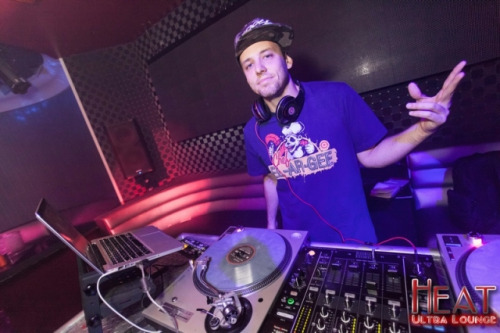

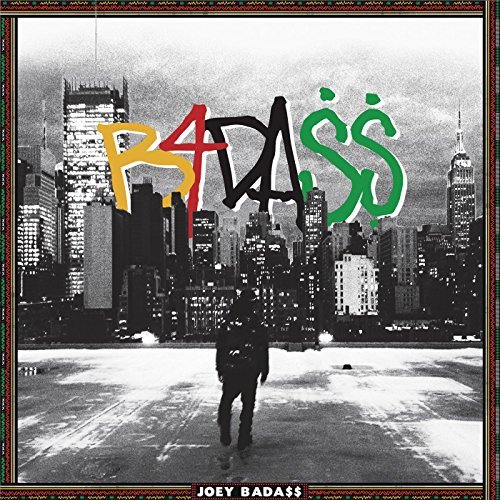

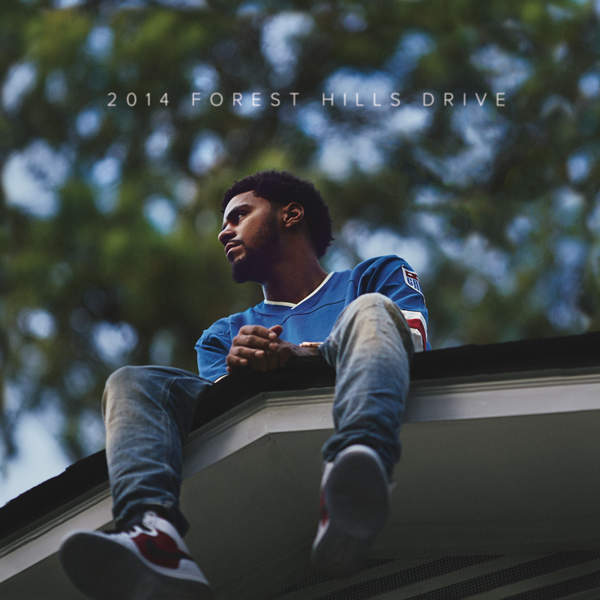







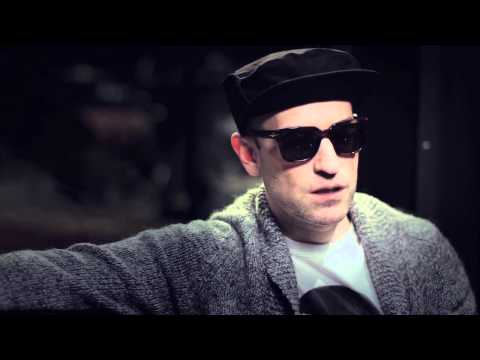

 Mixtape D.L.
Mixtape D.L.
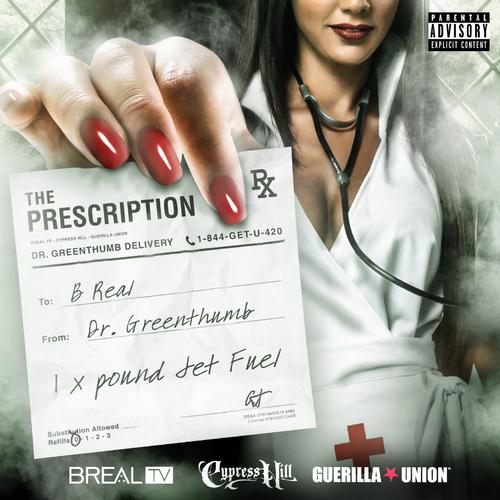

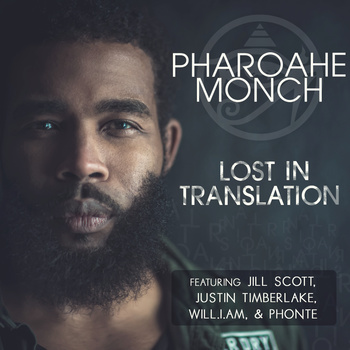

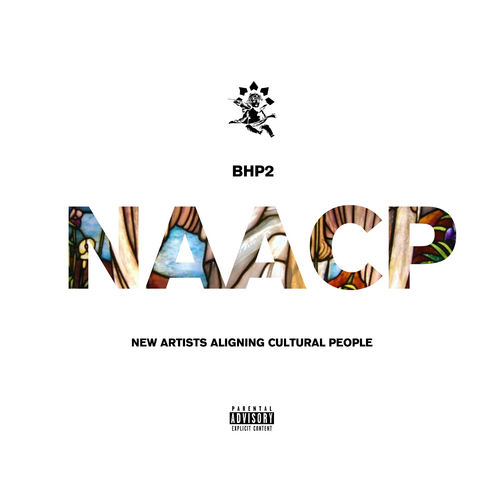

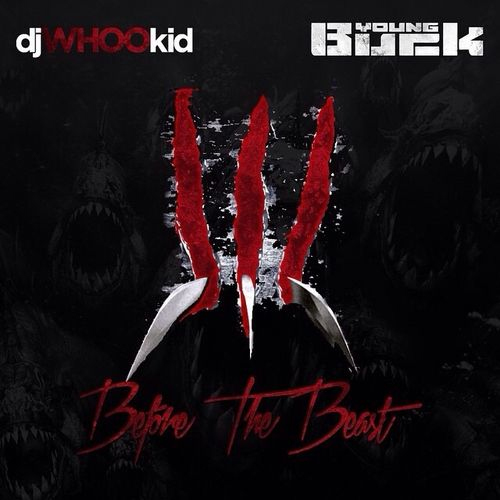
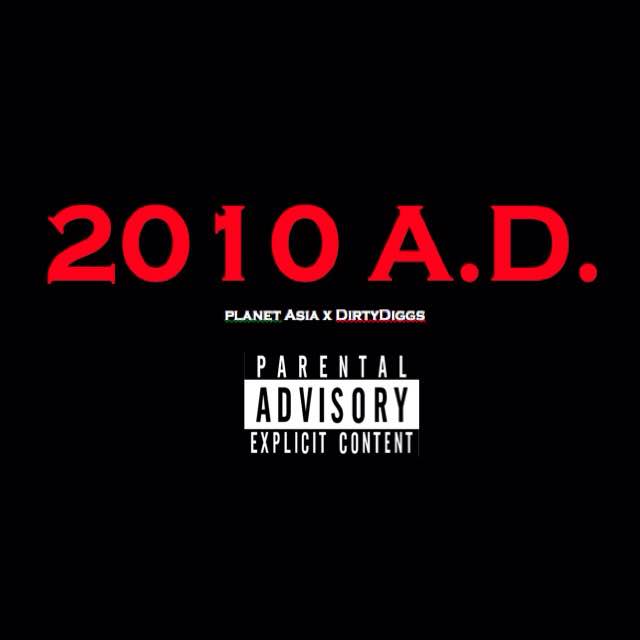
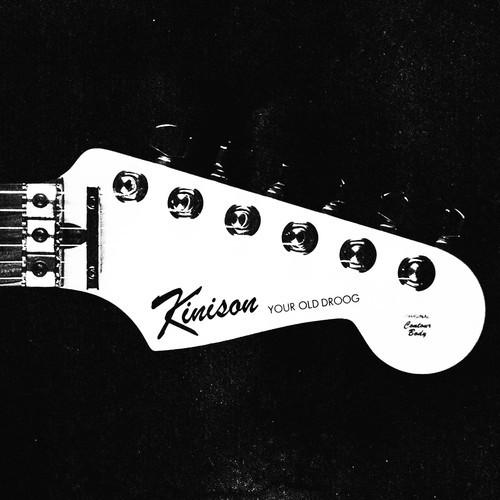
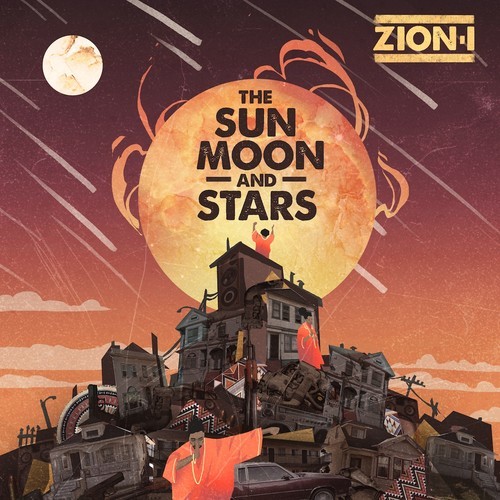


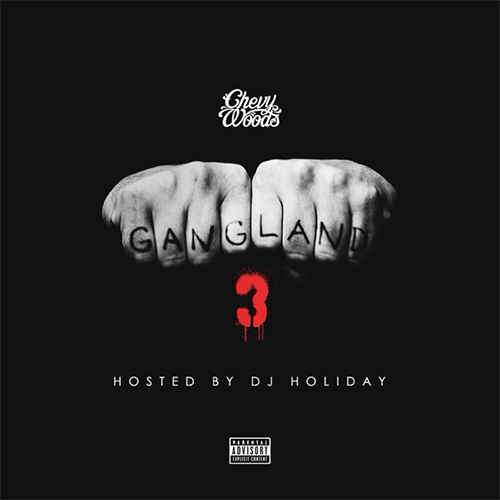
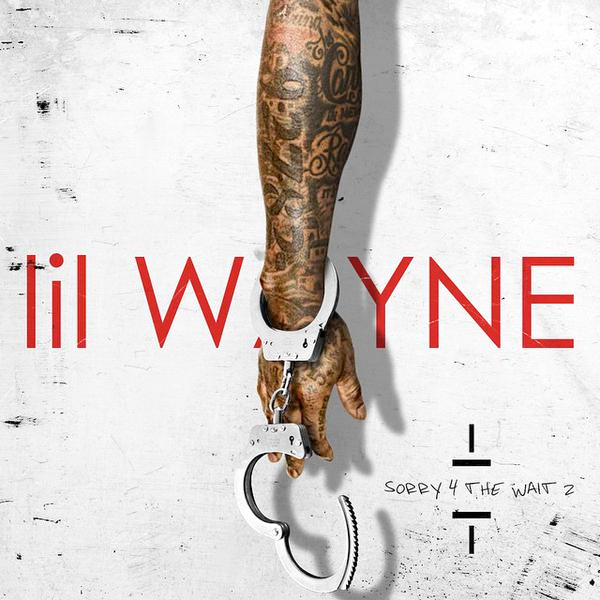
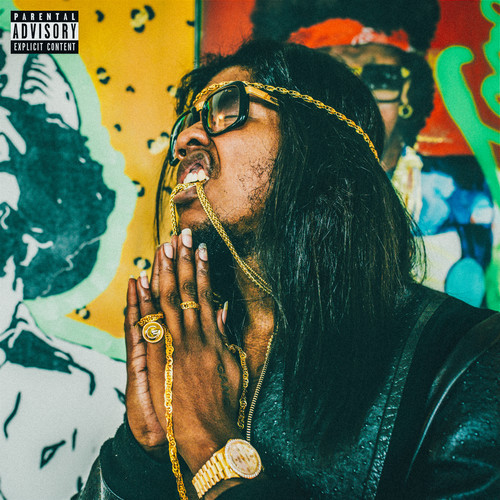





9 March, 2005@12:00 am
0 comments